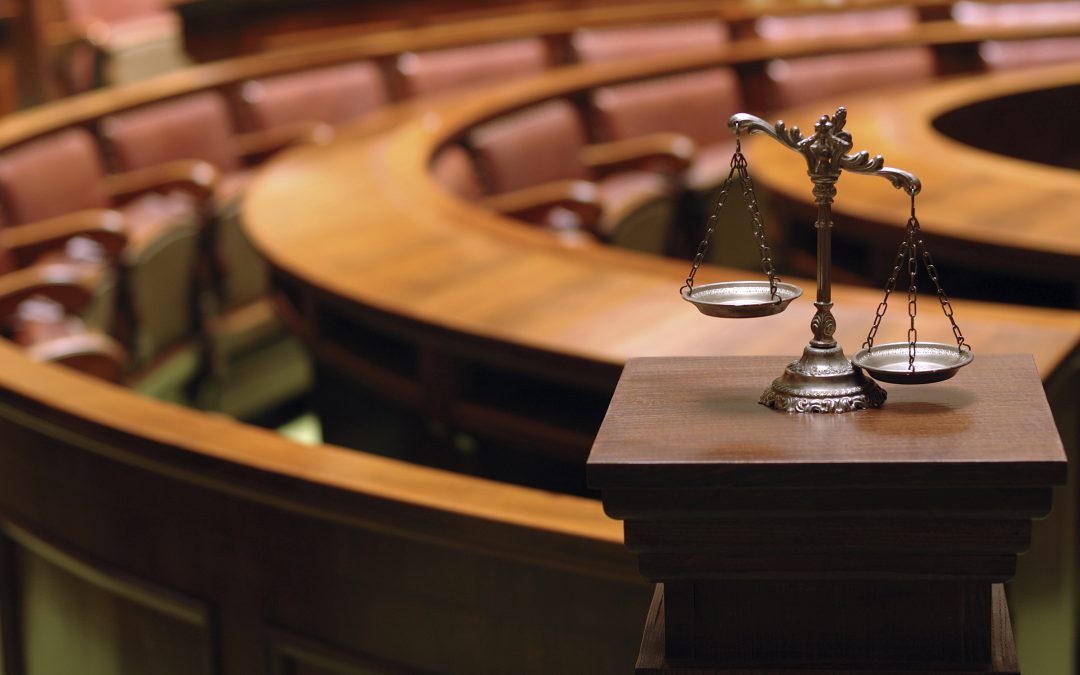Investigating Hate Crimes
Hate crimes are defined by what motivates them – hate and intolerance. Nearly any kind of criminal activity can reach the level of hate crime, but those involving violence or the threat of violence are most common. If it can be proven that the perpetrator of a crime was motivated by intolerance for the victim or victims’ disability, ethnicity, national origin, religion, and/or sexual orientation, the crime may be deemed a hate crime. The charge of hate crime is exceptionally serious, and if such a charge has been levied against you, it is time to consult with an experienced Lampasas criminal attorney.
The Investigation
The investigation into alleged hate crimes must be twofold. First, the crime itself must be proven, and second, the defendant’s motivation must be deciphered. It is a tall order. For example, if a defendant is alleged to have violently assaulted a person of another religion, it is not enough to prove that the violent assault happened. In order for the charge to be elevated to a hate crime, the prosecution must demonstrate that the defendant’s intolerance for the victim’s religion motivated him or her to commit the crime in question. It is not enough to put two and two together. The prosecution is charged with credibly demonstrating that the defendant was motivated by intolerance (or hate) for the person’s religion. Although the legal bar is high, this does not negate the fact that hate crimes are very real and very harmful.
Demonstrating the Element of Intolerance
In order to prove that the defendant was indeed motivated by intolerance in the commission of the crime in question, the prosecution must dig up evidence that supports this connection. Supposition and/or intuition do not make the grade. Common examples of where such evidence tends to originate include:
Ugly statements supporting the intolerance in question that were made to friends, colleagues, acquaintances, or anyone else
Ugly posts (that can include photos and/or videos) supporting the intolerance in question that were made on various social media platforms
Ugly text message, emails, or other forms of writing supporting the intolerance in question
Now that there are so many online venues for expressing ourselves – some of which are far more difficult to access than others – it can be difficult to plumb the depths of intolerance that some defendants take it upon themselves to express electronically.
Do Not Put off Consulting with an Experienced Lampasas Criminal Attorney Today
If you are facing a criminal charge that has been elevated to a hate crime, the consequences of a conviction are far too significant to delay consulting with an experienced Lampasas criminal attorney and Brett Pritchard at The Law Office of Brett H. Pritchard is just such an attorney. Mr. Pritchard has a wealth of experience successfully guiding cases like yours toward beneficial resolutions, and he is here for you, too. Our dedicated legal team has the experience, drive, and ability to help, so please do not wait to contact us online or call us at 254-501-4040 for more information today.
OTHER READING







